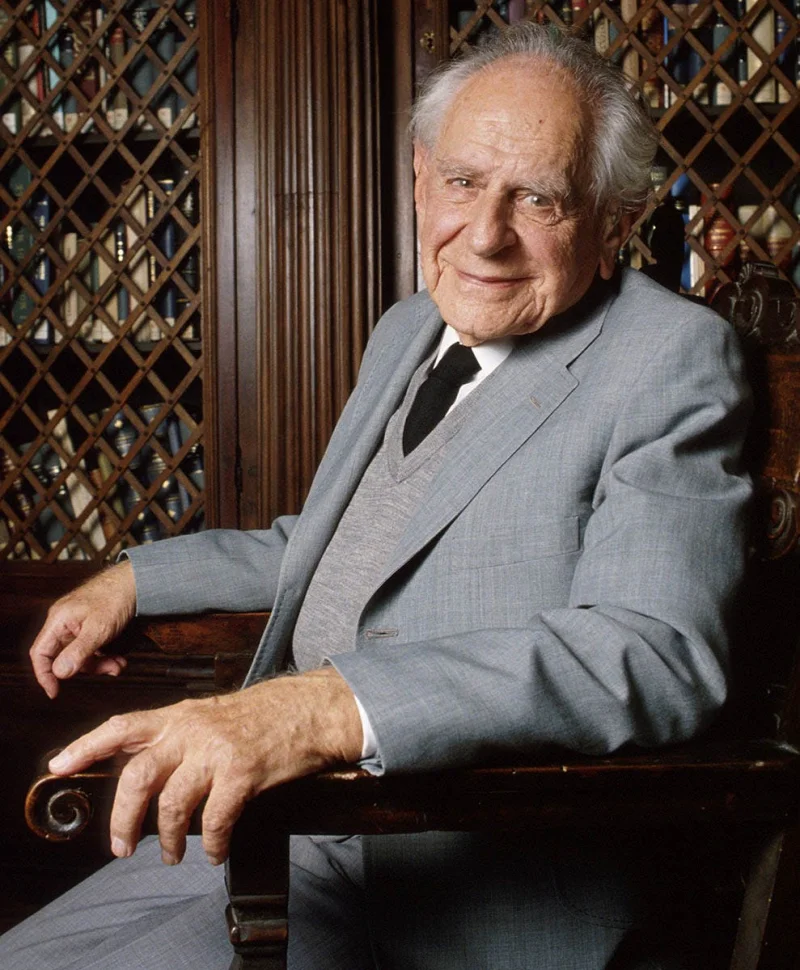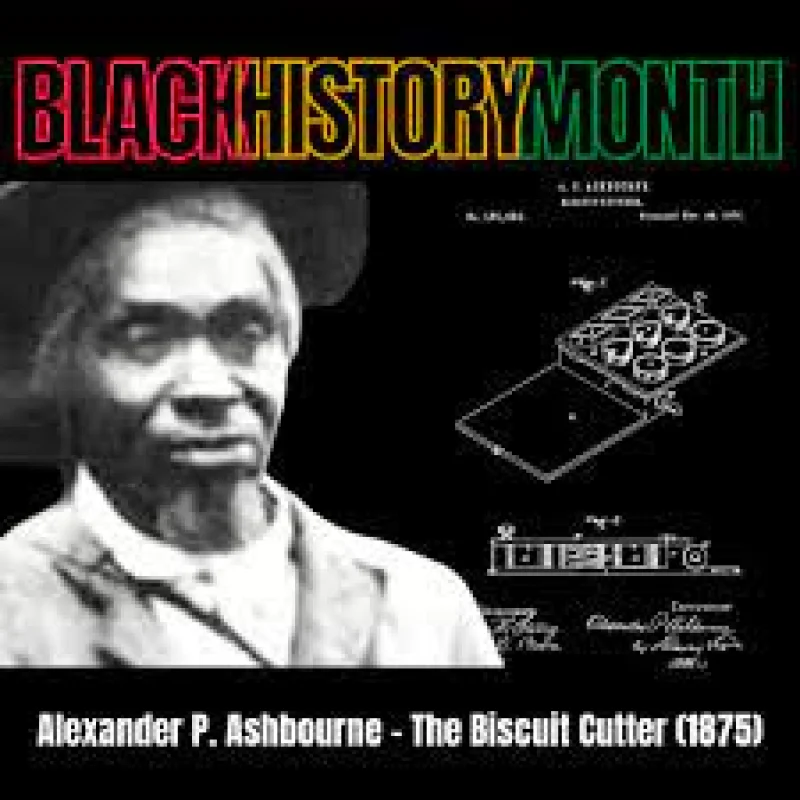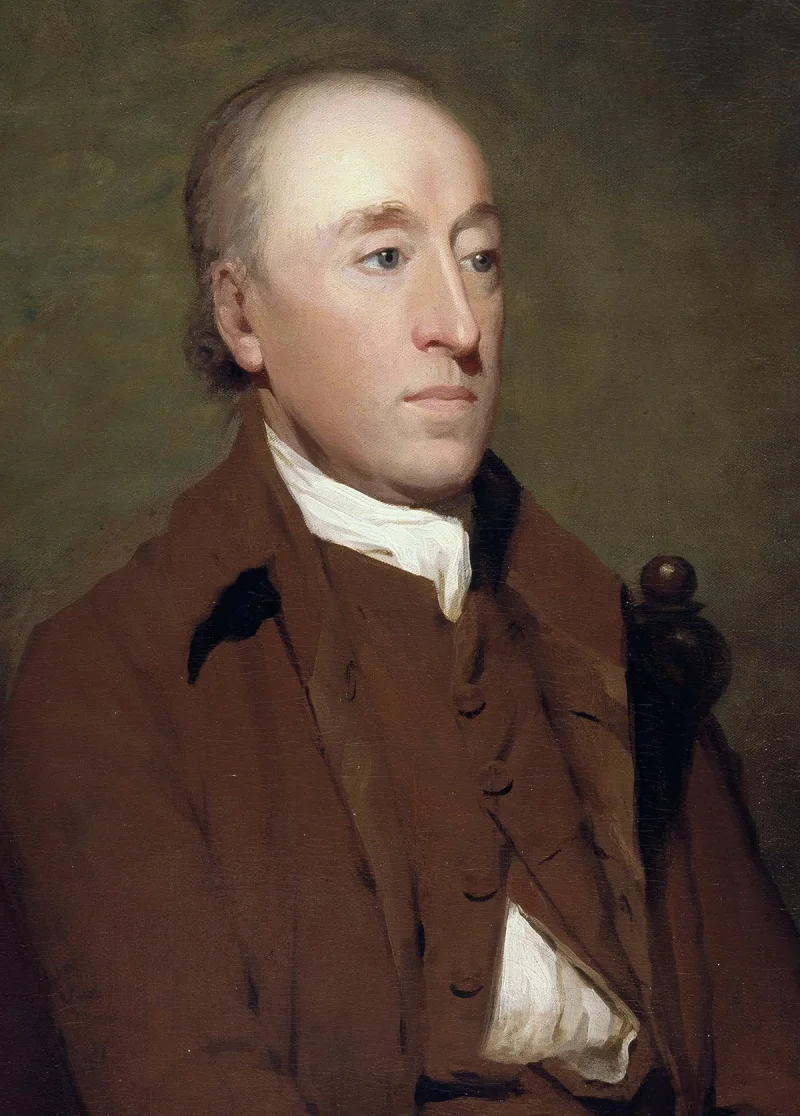Short Summary
Karl Popper was a prominent 20th-century philosopher, best known for his contributions to the philosophy of science and his advocacy of critical rationalism. He is famous for introducing the concept of falsifiability as a criterion for scientific theories. His work has had a profound impact on the scientific community and broader intellectual discourse, positioning him as a key figure in the philosophy of science and political philosophy.
Early Life & Education
Karl Popper was born on July 28, 1902, in Vienna, Austria, into a middle-class family of Jewish origin. His father, Simon Siegmund Carl Popper, was a lawyer, and his mother, Jenny Schiff, was a talented pianist. Popper was exposed to a rich intellectual environment from an early age, which influenced his philosophical outlook. He attended the University of Vienna, where he studied mathematics, physics, and philosophy. He completed his doctorate in philosophy in 1928. During his formative years, Popper was influenced by the intellectual climate of Vienna, particularly the Vienna Circle, although he later distanced himself from their logical positivism.
Career Highlights
During the 1930s, Popper began his academic career as a high school teacher and later transitioned to university teaching and research. His first major work, "The Logic of Scientific Discovery," was published in 1934, presenting his ideas on scientific methodology and falsifiability. In 1946, he moved to the United Kingdom, where he became a professor at the London School of Economics. There, he wrote several influential works, including "The Open Society and Its Enemies," which critiqued totalitarianism and defended liberal democracy. His career was marked by prolific writing and lectures, which contributed significantly to discussions in the philosophy of science and political theory.
Major Achievements
- Developed the concept of falsifiability as a criterion for scientific theories, challenging the traditional inductivist views.
- Published "The Logic of Scientific Discovery," a seminal work on the philosophy of science.
- Authored "The Open Society and Its Enemies," a critique of totalitarianism and defense of liberal democracy.
- Influenced the development of critical rationalism, emphasizing the importance of critical scrutiny in scientific inquiry.
- Contributed to the debate on the demarcation problem in science, distinguishing science from non-science.
Famous Quotes
- "Science may be described as the art of systematic over-simplification."
- "We are social creatures to the inmost center of our being. The notion that one can begin anything at all from scratch, free from the past, or unaffected by it, is simply absurd."
- "True ignorance is not the absence of knowledge, but the refusal to acquire it."
Interesting Facts
- Popper initially studied to become a cabinetmaker before pursuing philosophy.
- Despite being associated with the Vienna Circle, he was critical of their logical positivism.
- He was knighted by Queen Elizabeth II in 1965 for his services to philosophy.
- Popper was a vocal critic of historicism and determinism in the social sciences.
- Despite his Austrian origins, Popper became a British citizen in 1945.
Legacy / Influence
Karl Popper's contributions to the philosophy of science and political philosophy have left a lasting legacy. His emphasis on falsifiability reshaped scientific inquiry, making it a cornerstone of scientific methodology. His political writings influenced discussions on democracy, totalitarianism, and the open society. Popper's ideas continue to be studied and debated, underscoring his enduring impact on modern thought.
FAQ
Q: Why is Karl Popper famous?
A: Karl Popper is famous for his contributions to the philosophy of science, particularly his concept of falsifiability, and his critiques of totalitarianism and advocacy for liberal democracy.
Q: What is falsifiability?
A: Falsifiability is the principle that a scientific theory should be able to be proven false through empirical observation and experimentation.
Q: What did Karl Popper write about democracy?
A: Popper wrote "The Open Society and Its Enemies," defending liberal democracy and criticizing totalitarian regimes.
Q: Did Karl Popper receive any honors?
A: Yes, Karl Popper was knighted in 1965 for his contributions to philosophy.













